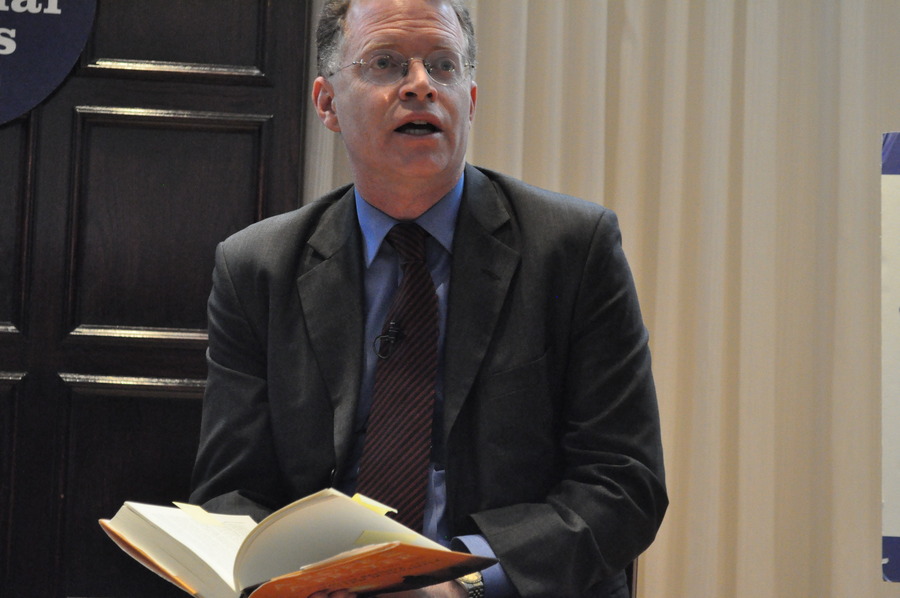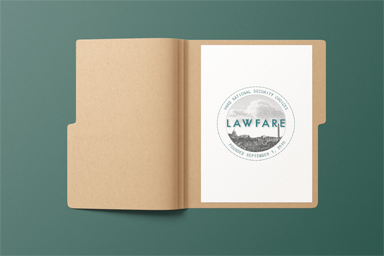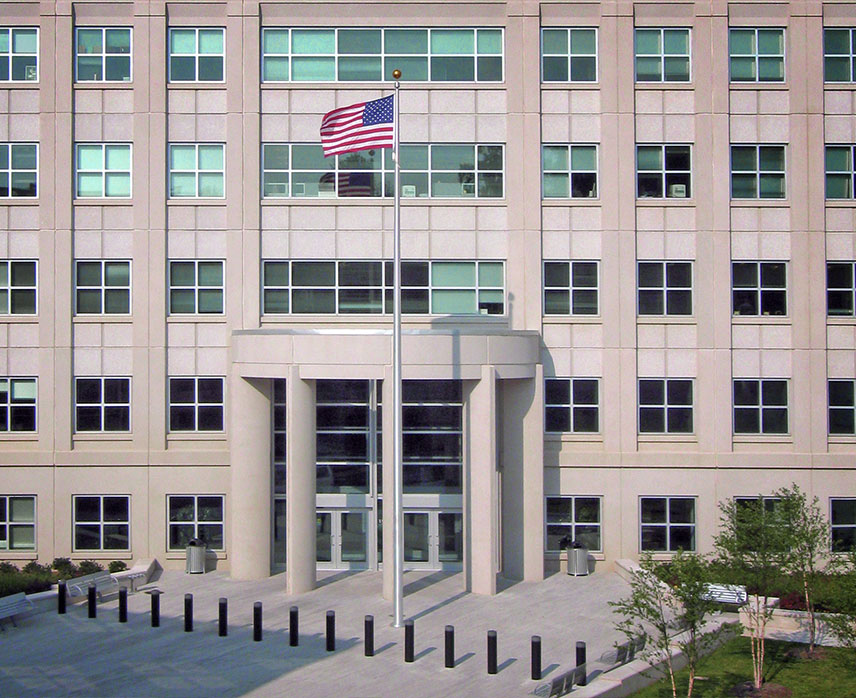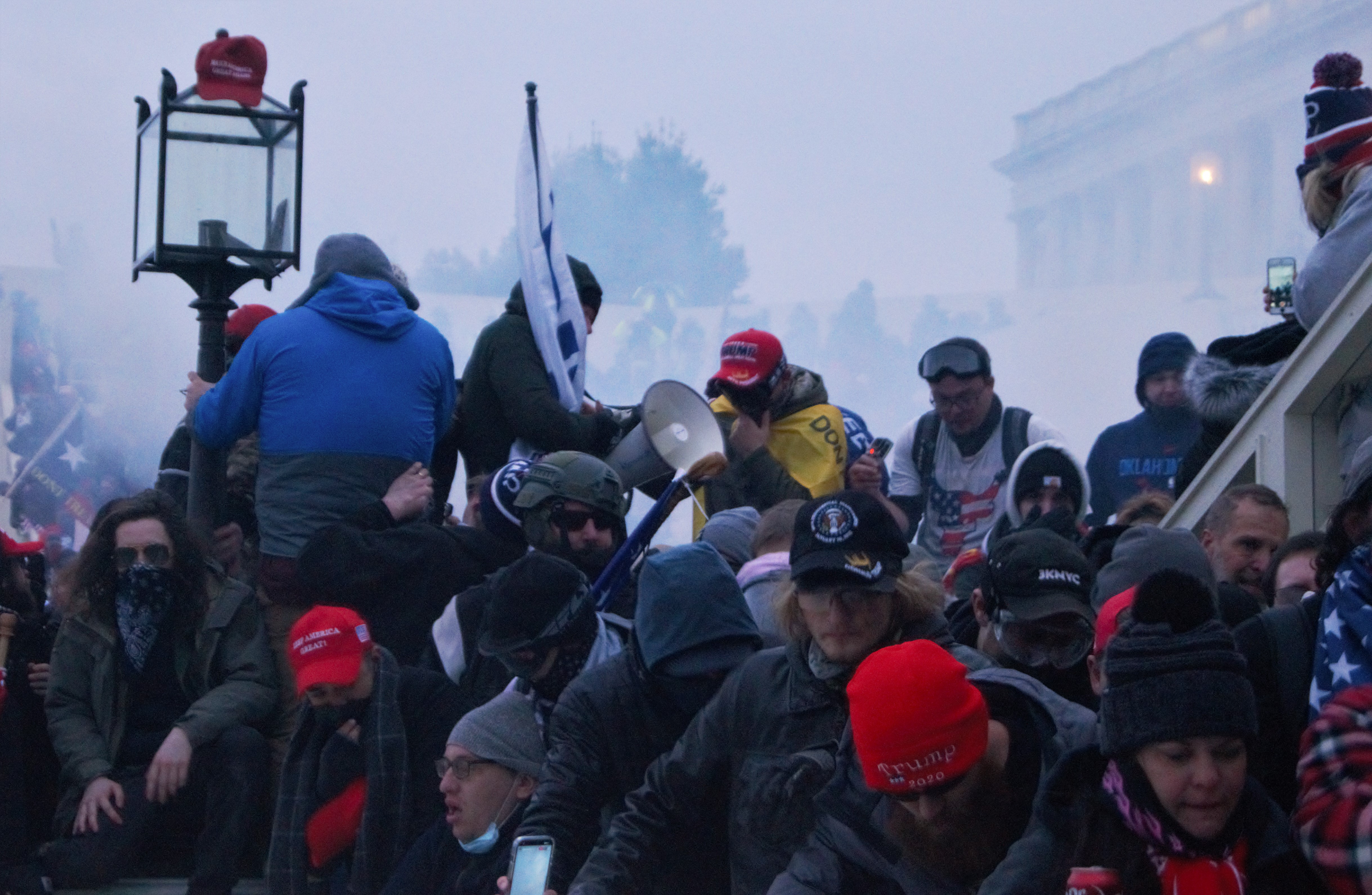-

Lawfare Daily: Gharun Lacy Talks State Department Cybersecurity
Discussing the Diplomatic Security Service's cybersecurity work. -

Lawfare Daily: The Past, Present, and Future of War Powers with Brian Finucane and Matt Waxman
What is the possibility of war powers legal reform? -

The Justice Department and the Challenge of Public Confidence
A review of David Rohde, “Where Tyranny Begins: The Justice Department, the FBI, and the War on Democracy” (W.W. Norton, 2024). -

Two Visions of National Security at the Harris-Trump Debate
A roundup of the candidates’ statements across seven national security themes. -

Lawfare Daily: The Biden Administration’s Approach to the Israeli-Palestinian Conflict with Former DAS Andrew Miller
Discussing the Israel-Gaza War. -

Chatter: Ronald Reagan Reassessed, with Max Boot
A deep dive into Ronald Reagan's life. -

ChinaTalk: National Intel Council on The IC's Pivot to Asia
-

Justice Dept. Indicts Couple with Violating U.S. Sanctions on Russia
Russian nationals Dmitri and Anastasia Simes allegedly participated in two separate schemes to violate U.S. sanctions. -

The ODNI’s New and Disappointing Prepublication Review Process
The policy makes some procedural improvements, but overall it’s a missed opportunity. -

The Superseding Trump Indictment Charts Jack Smith’s Path Forward
Smith has reworked the Jan. 6 case against Trump in light of the Supreme Court’s decision on presidential immunity. -

Lawfare Daily: ‘Threat Multiplier,’ Climate, and the Military with Sherri Goodman
Discussing the nexus between climate change and national security. -

The U.S.-Ukraine Security Agreement Is What the Parties Will Make of It
It is a crucial step in developing a strong U.S.-Ukraine security cooperation that, if further improved and properly implemented, has the potential to deter Russia.
The upcoming main navigation can be gotten through utilizing the tab key. Any buttons that open a sub navigation can be triggered by the space or enter key.




.jpg?sfvrsn=8588c21_5)





.png?sfvrsn=b019c1b6_5)


